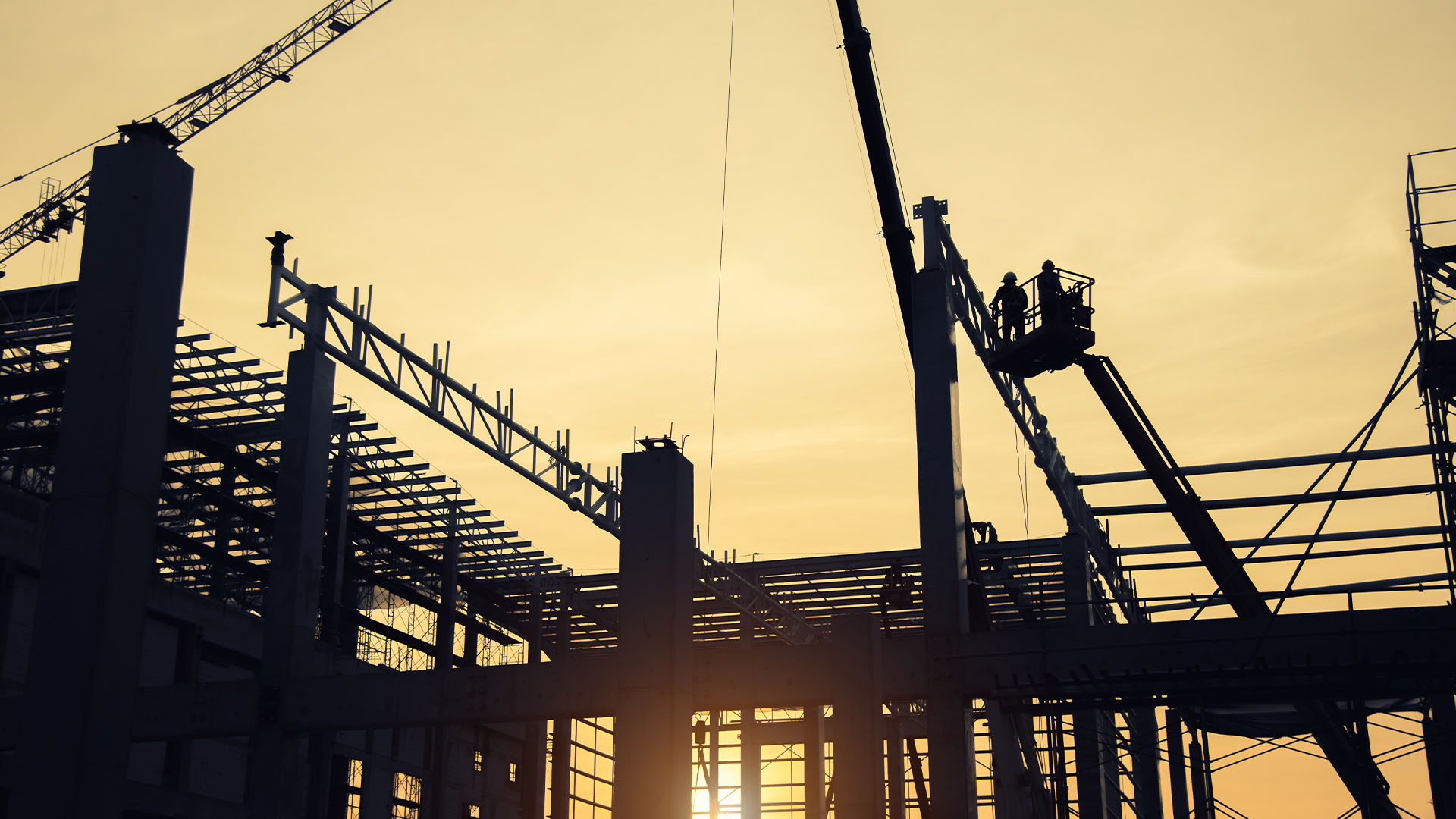This article was co-authored with Ann Matthias.
On 25 March 2021, the NSW Government enacted the COVID-19 Recovery Act 2021 (NSW) (COVID Recovery Act) which, amongst other changes, extends the period for carrying out building work or work, or demolition of a building or work that is subject of a development consent or infrastructure approval on weekends and public holidays without the need for any approval to 31 March 2022.
The introduction of the COVID Recovery Act further extends the operation of reforms which came into effect last year as a result of the COVID-19 pandemic in respect of weekend and public holiday construction work, which are summarised below. The purpose of the reforms was to facilitate social distancing by spreading construction work over more days in a week.
COVID-19 reforms previously introduced
On 25 March 2020, the Environmental Planning and Assessment Act 1979 (NSW) (EPA Act) was amended, introducing sections 10.17 and 10.18 (EPAA Provisions). The EPAA Provisions granted legislative power, for a prescribed period, to the Minister for Planning and Public Spaces to authorise a development to be carried out without the need for development approval in the ordinary manner under the EPA Act or consent from another body.
The following orders were enacted pursuant to the EPAA Provision:
- the Environmental Planning and Assessment (COVID-19 Development – Construction Work Days) Order 2020, which commenced on 2 April 2020; and
- the Environmental Planning and Assessment (COVID-19 Development – Infrastructure Construction Work Days No.2) Order 2020, which commenced on 24 December 2020, replacing the previous Environmental Planning and Assessment (COVID-19 Development – Infrastructure Construction Work Days) Order 2020,
(together, the Construction Work Day Orders).
The effect of the Construction Work Day Orders was to permit the carrying out of any building work or work, or demolition of a building or work that is subject of a development consent on a Saturday, Sunday or public holiday without the need for any approval, provided that:
- the development is the subject of a development consent or, for infrastructure work, an approval described in the Environmental Planning and Assessment (COVID-19 Development – Infrastructure Construction Work Days) Order 2020;
- the development complies with the balance of the conditions of the consent/ approval, with the exception of those restrictions which limit the hours of work or operation on weekends or public holidays; and
- for work or operation on weekends and public holidays, the development must:
- comply with the conditions of the consent/ approval that restrict hours of work or operation on any other day as if the conditions applies to work or operation on weekends and public holidays;
- not involve the carrying out of rock breaking, rock hammering, sheet piling, pile driving or similar activities during the hours of work or operation not permitted but for the Construction Work Day Orders; and
- take all feasible and reasonable measures to minimise noise.
Prior to the introduction of the COVID Recovery Act, the Construction Work Day Orders originally had application for 6 months, however was later extended to 25 March 2021 with the introduction of section 294A of the Environmental Planning and Assessment Regulation 2020 (NSW).
Extension of COVID-19 reforms
This latest extension by a further 12 month period to 31 March 2022 acknowledges the continued impact of COVID-19 on construction sites. It will continue to provide businesses with greater flexibility to respond to changing needs and keep the economy moving during the COVID-19 pandemic, better equipping the industry to operate whilst minimising risk to productivity and jobs.







